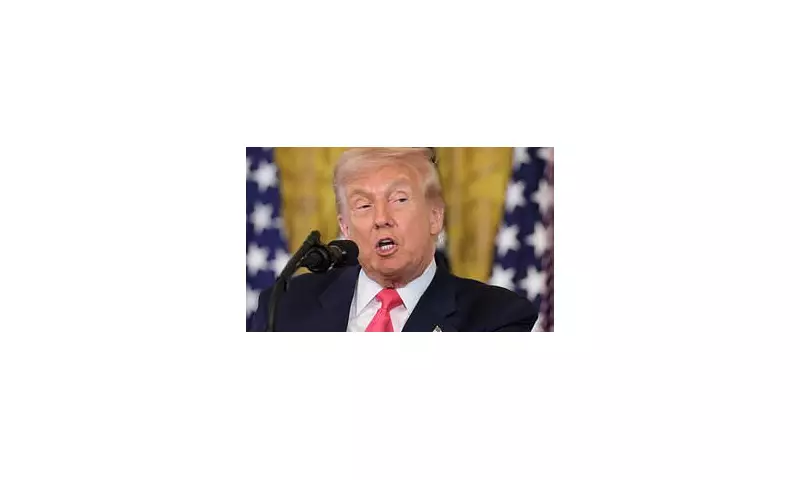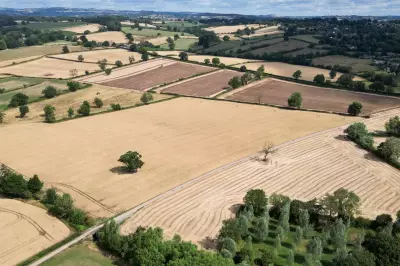
Australian cattle farmers are confronting a significant threat to their livelihoods as former US President Donald Trump proposes imposing substantial tariffs on all imported goods, including beef, if he returns to the White House.
The Proposed Tariff and Its Immediate Impact
Trump's plan involves implementing a universal baseline tariff of at least 10 percent, potentially rising to 60 percent or higher on certain products. For Australian beef producers, this could translate to an additional 22 percent tariff specifically on their exports to the United States, based on analysis from the Australian Bureau of Agricultural and Resource Economics and Sciences.
The United States represents Australia's fourth-largest market for beef exports, with trade valued at approximately £100 million annually. This potential tariff comes at a particularly challenging time for Australian farmers, who are already grappling with soaring production costs, workforce shortages, and increased competition from Brazilian beef exports.
Industry Reaction and Government Response
Andrew McDonald, acting chief executive of the Australian Meat Industry Council, expressed deep concern about the proposal. "The Australian red meat and livestock industry is extremely concerned about the proposed policy," he stated, emphasising that any new tariff would directly disadvantage Australian producers competing in the American market.
The Australian government has acknowledged the seriousness of the situation, with Trade Minister Don Farrell confirming that officials are closely monitoring the US election campaign and its potential implications for international trade relationships.
Broader Implications for Global Trade
This proposed tariff policy forms part of Trump's broader 'America First' trade agenda, which could fundamentally reshape global agricultural markets. The plan threatens to disrupt longstanding trade partnerships and potentially trigger retaliatory measures from affected countries.
Australian agricultural leaders are urging their government to proactively engage with US counterparts to protect this crucial export market. The situation highlights the vulnerability of export-dependent industries to shifting political landscapes in key trading partner nations.
With the US presidential election approaching, Australian farmers face an uncertain future, potentially needing to find alternative markets for beef exports worth hundreds of millions of pounds if these tariff proposals become reality.





